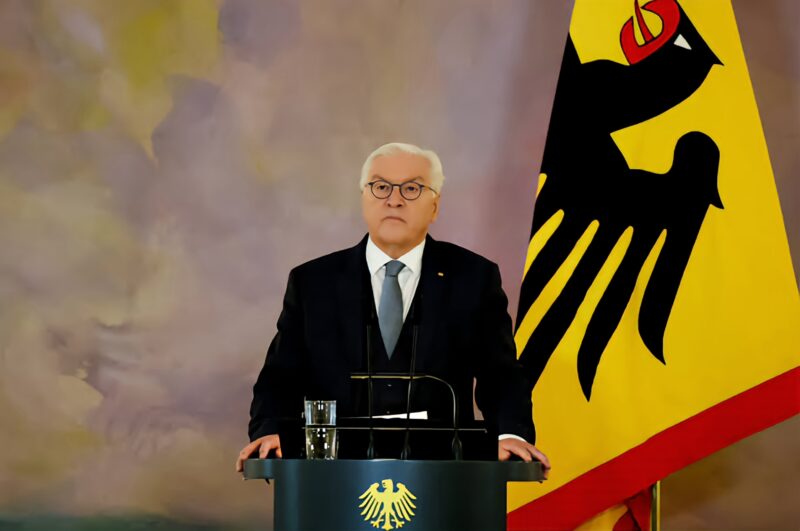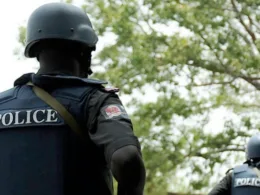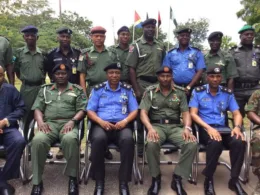Germany Faces Early Elections in February As German President Dissolves Parliament Amid Political Turmoil, Economic Challenges, and Rising Security Concerns Following Christmas Market Attack
Coalition Collapse Sparks Early Polls
Germany is heading for an early election on February 23 after German President Frank-Walter Steinmeier dissolved parliament on Friday. The move follows the collapse of Olaf Scholz’s three-party coalition government last month, triggered by infighting over strategies to revive Europe’s largest economy.
The coalition’s downfall has been further compounded by last week’s deadly car-ramming attack at a Christmas market in Magdeburg, which killed five and injured over 200. The attack has reignited fierce debates on immigration and security, further polarizing the political landscape.
Saudi Doctor Arrested After Attack
Saudi national Taleb al-Abdulmohsen, 50, was arrested at the scene of the Magdeburg attack. Interior Minister Nancy Fraser disclosed that Abdulmohsen held “Islamophobic” views, although his motive remains unclear. Scholz urged Germans to “link arms” and reject hatred, calling for unity in these trying times.
Election Campaigns Take Shape
The conservative CDU/CSU, led by Friedrich Merz, is ahead in polls with 32%, promising stricter immigration controls and a rightward shift in policy. The far-right Alternative for Germany (AfD), polling at 19%, has called for closed borders, with its Magdeburg rally leader demanding Germany “stop taking in madmen.”
Scholz’s Social Democrats (SPD) are trailing with just 15%, struggling to regain voter confidence. Scholz, who remains caretaker chancellor, faces challenges over economic stagnation, international conflicts, and climate policy.
Steinmeier Calls for Respectful Campaigns
President Steinmeier emphasized the need for a “fair and transparent” election, warning against foreign influence, particularly on platforms like X (formerly Twitter).
“Hatred and violence must have no place in this election campaign,”
he said, urging political decency amid growing tensions.
Economic Revival, Security, and Climate Take Center Stage
Key issues dominating the election include:
- Security: CDU and SPD back continued support for Ukraine but differ on supplying long-range missiles.
- Economy: Both parties seek to boost investment and infrastructure, though they differ on Germany’s debt policy. The SPD has proposed a €100 billion “Germany Fund,” while the CDU insists on maintaining strict borrowing limits.
- Climate Policy: The SPD is pushing renewable energy and green hydrogen, while the CDU wants to revisit atomic energy and reverse the phase-out of combustion engines.
As Germany braces for the February election, the political landscape remains deeply divided, with economic and social stability hanging in the balance.










Join our Channel...